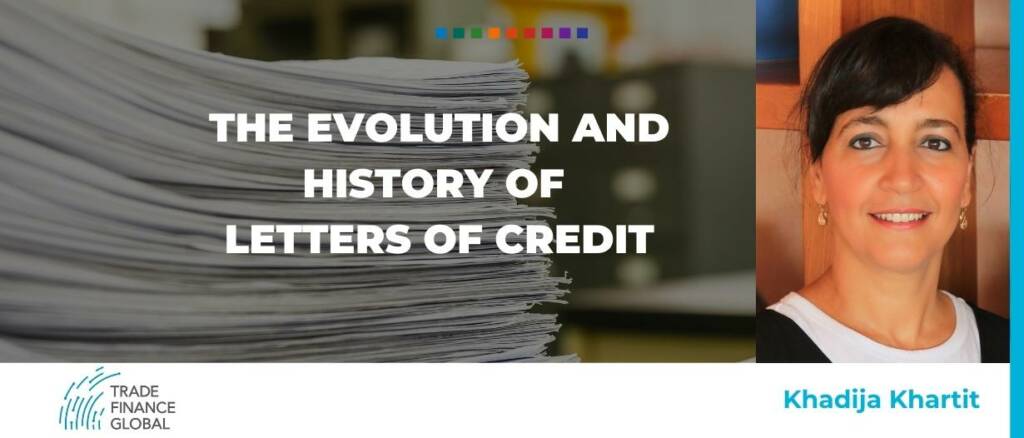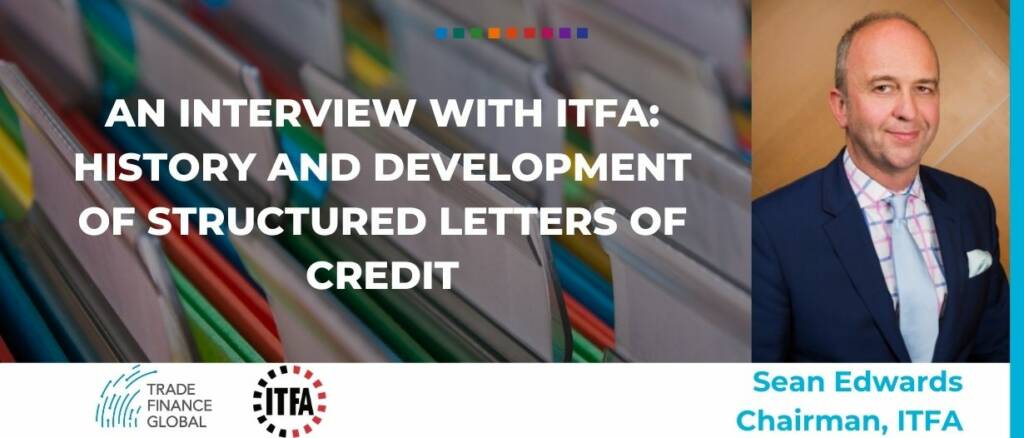Although UCP 600 and ISBP 745 offer no specific provisions for partial confirmations of letters of credit (LCs), MonetaGo’s Tat Yeen Yap says they are not only possible, but are “straightforward and efficient”.
Letters of credit emerged in Europe in the 1800s. However, in their early days the functionality of letters of credit was limited, due to the non-uniformity of national laws.
Merchants would go on voyages for several weeks, if not months, in a caravel, carrack or clipper to the Far East, or elsewhere, to buy cotton, wool, tea, spices or other commodities. They would be equipped with a Letter of Credit in their trunk, often handwritten by the clerk of their high street banks.
Trade and supply chain finance provide innovative solutions for the working capital gap faced by growing companies.
Letters of credit are the oldest and most common type of short term trade finance, famously described as the “lifeblood of international commerce,” with some commentators suggesting their use stretches back to 3000 BC. What makes them so successful?
Since the inception of UCP 600, trade finance professionals, in particular, the letter of credit community, have been discussing the need for and consequences of modifications and exclusions to the rules in commercial LCs issued under UCP 600.
The need for trade digitization has never been more prevalent than it is today, especially with pandemic-induced restrictions emphasizing the inefficiency of paper-based trade. Our Editor, Deepesh Patel sat down with Contour’s CEO and Chief Product Officer, as well as TradeLens’ Head of Strategy and Operations, to discuss how fintech can come together to partner to solve these problems.
The District Export Council of San Diego and Imperial Valley (SDIDEC) has sponsored the first workspace for ICC eRules guidelines for digital trade transactions.
Has digital trade finally arrived with the ICC eRules guidelines? John Dunlop explains how this might be true.
TFG’s Deepesh Patel spoke to ITFA’s Chairman, Sean Edwards, about the ITFA Structured Letters of Credit Working Group, and the emergence of Structured Letters of Credit as a variant of Traditional LCs.
























